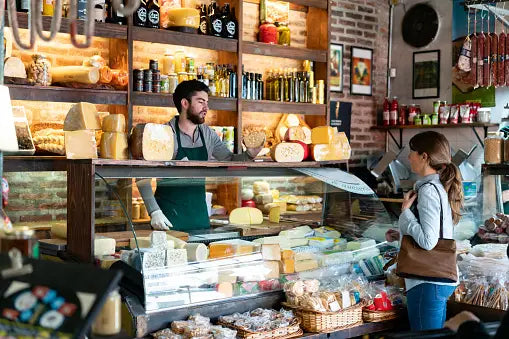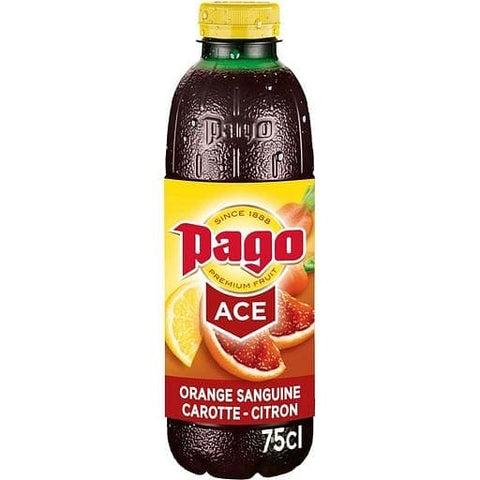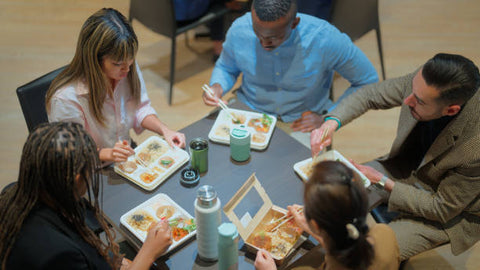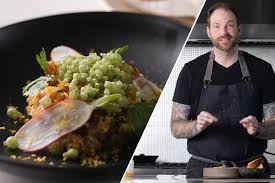French regional cuisine is a tantalizing tapestry of flavors, a culinary journey that takes you through the diverse landscapes and cultural nuances of the country. From the windswept coasts of Brittany to the sun-drenched vineyards of Bordeaux, each region in France boasts its own distinct gastronomic identity, deeply rooted in history, tradition, and terroir. The culinary tapestry of France is woven with passion, craftsmanship, and a deep reverence for local ingredients. Exploring French regional cuisine is like embarking on a captivating tour, where every bite tells a story, and every dish unveils a unique facet of the country's culinary heritage.
The Regional Delights:
As we traverse the French culinary map, we encounter an array of regional delights that captivate the senses and tempt the taste buds. Coastal regions offer a bountiful array of seafood delicacies, from plump oysters and succulent mussels to exquisite fish dishes that pay homage to the maritime traditions. The mountainous regions unveil a world of hearty alpine flavors, where rustic farmhouse fare reigns supreme, showcasing the humble ingredients sourced from the pristine valleys and pastures. The gastronomic capital of Lyon beckons with its legendary Lyonnaise cuisine, tantalizing with rich and indulgent dishes that have earned the city its well-deserved reputation. In the sun-soaked region of Provence, the cuisine exudes the vibrant flavors of the Mediterranean, celebrating the bounty of fresh produce, aromatic herbs, and sun-ripened tomatoes. And let's not forget the Southwest, where robust and earthy dishes, such as cassoulet and foie gras, transport us to a land of gastronomic bliss.
The Culture and Traditions:
French regional cuisine is not merely about the food; it is deeply intertwined with the culture and traditions of each region. The culinary tapestry of France reflects the historical influences, local customs, and the close relationship between the people and their land. Every region takes pride in its culinary heritage, preserving traditional recipes, cooking techniques, and ancestral savoir-faire. From the vineyards of Burgundy to the cheese caves of the Loire Valley, the passionate artisans and producers uphold the time-honored traditions, ensuring that the flavors of the past are carried into the present.
Exploring the flavors of French regional cuisine is not limited to the plate. It is an immersive experience that encompasses cultural festivals, food markets, and vineyard tours. The country comes alive with culinary celebrations, where locals and visitors gather to celebrate the diverse flavors and the shared love for food. These festivals offer a glimpse into the soul of a region, where tradition meets innovation, and where the communal spirit of breaking bread and raising glasses prevails.
-
Geographical Influence: French regional cuisine is heavily influenced by the country's diverse geography. Each region boasts its own unique terroir, including varying climates, soils, and natural resources, which shape the availability of ingredients and culinary traditions.
-
Culinary Traditions: Each region in France has distinct culinary traditions that have been passed down through generations. These traditions reflect local customs, historical influences, and the availability of ingredients, resulting in a wide array of cooking techniques, flavors, and dishes.
-
Seafood Delicacies: Coastal regions like Brittany, Normandy, and Provence are renowned for their seafood delicacies. From fresh oysters and mussels to exquisite fish dishes, these regions showcase the bounty of the sea and highlight the close relationship between the French and their maritime heritage.
-
Alpine Flavors: The mountainous regions of the French Alps and Pyrenees offer a unique culinary experience. Traditional dishes feature hearty ingredients like cheese, potatoes, and cured meats, reflecting the rustic and comforting cuisine enjoyed by alpine communities.
-
Rustic Farmhouse Fare: Rural regions, such as the Loire Valley and Burgundy, are known for their rustic farmhouse cuisine. This includes dishes made with locally sourced ingredients, such as farm-fresh vegetables, tender meats, and artisanal cheeses. The cuisine often highlights simple yet flavorful preparations that celebrate the freshness and quality of the ingredients.
-
Gastronomic Capital: Lyon, in the Rhône-Alpes region, is hailed as the gastronomic capital of France. It is renowned for its traditional Lyonnaise cuisine, featuring rich and indulgent dishes like coq au vin, quenelles, andouillette sausages, and tarte aux pralines. Lyon's culinary heritage and thriving food scene make it a must-visit destination for food enthusiasts.
-
Wine and Cheese Pairings: French regional cuisine is inseparable from the country's rich tradition of wine and cheese. Each region has its own unique selection of wines and cheeses, and local cuisine often showcases the art of pairing them harmoniously. From Burgundy's famous Pinot Noir and Époisses cheese to Bordeaux's robust reds and creamy Roquefort, exploring wine and cheese pairings is an integral part of the regional culinary experience.
-
Provencal Sunshine: The sunny region of Provence in the south of France offers a vibrant culinary scene influenced by Mediterranean flavors. Provençal cuisine emphasizes fresh ingredients like olive oil, herbs, tomatoes, and garlic, resulting in dishes like ratatouille, bouillabaisse, and pissaladière. The region's cuisine reflects its relaxed and sun-kissed lifestyle.
-
Southwest Specialties: The Southwest of France, including the regions of Aquitaine, Gascony, and Périgord, is renowned for its robust and hearty cuisine. It features dishes like cassoulet, confit de canard, foie gras, and the black truffle of Périgord. This region's cuisine showcases the richness of local ingredients, such as duck, goose, game meats, and mushrooms.
-
Sweet Delights: French regional cuisine also encompasses a wide range of sweet delights. From Normandy's apple tarts and cider to Alsace's indulgent pastries like kougelhopf and tarte flambée, each region has its own specialties that showcase the French artistry of patisserie and dessert-making.
-
Cultural Festivals: French regional cuisine is often celebrated through cultural festivals and food events. These gatherings provide opportunities to explore and savor the distinctive flavors and dishes of a specific region. Examples include the Fête de la Gastronomie in Burgundy, the Fête du Citron in Menton, and the Fête de l'Andouille in Brittany.
-
Culinary Tourism: Exploring French regional cuisine offers a chance to embark on a culinary journey through the country. Culinary tourism allows visitors to experience the unique flavors, techniques, and cultural heritage of each region, creating memorable and immersive travel experiences.
French regional cuisine is a treasure trove of flavors, a celebration of diversity, and a testament to the profound connection between people, land, and food. It is a culinary tapestry that weaves together the stories, customs, and traditions of each region, inviting us to embark on a sensory journey that nourishes not only our bodies but also our souls. Exploring the flavors of French regional cuisine allows us to connect with the rich tapestry of history, culture, and terroir that defines the country's culinary identity.
So, whether you find yourself savoring the delicate sweetness of Normandy's apple tarts or indulging in the rustic charms of the Southwest's cassoulet, each bite takes you on a voyage through time and place. French regional cuisine is a testament to the French "art de vivre," an invitation to slow down, savor each morsel, and appreciate the richness and diversity that surrounds us. So, immerse yourself in this culinary journey, explore the flavors, and discover the remarkable tapestry that is French regional cuisine. Bon appétit!




